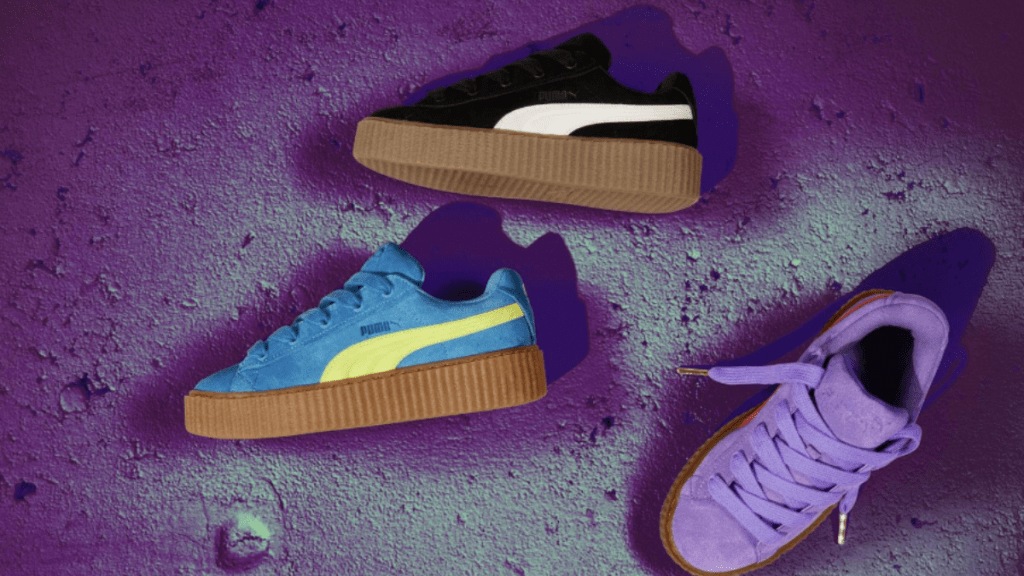Sneaker brands have traditionally pulled three levers to create a global franchise. First collaboration, à la Fenty X Puma Avanti sneaker line for children by Barbadian pop and R&B singer Rihanna, that helps them stay close to the sneakerhead community. Second exclusivity. Sneaker brands are masters at creating artificial scarcity by releasing limited-edition products from time to time, the most recent being the Nike Air Jordan 1 Retro Low OG sneakers. Most importantly, sneaker brands build communities so that regular customers can discuss upcoming products, transact used ones and form all kinds of partnerships.
The advent of e-commerce seems to have turned the rules of category marketing on their head.
A clutch of home-grown brands with firepower (read social-media following) have been nipping at the giants’ heels. The D2C channel has witnessed a sharp increase in revenue share over the past 5 years (from 6% of the overall footwear sales in FY19 to 45% of overall footwear sales in FY24), wherein the share of D2C-only brands is highest at upwards of 60%.
Brands such as Comet and Neeman’s have returned as heroes of ecommerce festive sales. They have been competing on technology and aesthetics, with prices being the most lethal weapon in their arsenal. The most basic Neeman’s light walkers for men sports a price tag of around 1,400, while a pair of Comet sneakers will set you back by around4,000.
While American brands collaborate with sports stars such as basketball legend Micheal Jordan or music artistes such as Kanye West or Travis Scott to promote their shoes as collectibles, none of that seems to matter in India.
That said, you’d be hard-pressed to find a gym, yoga boutique or a pilates studio where at least 50% of the customers aren’t still wearing one of the three top brands in the category — Reebok, Nike and Adidas. But there seems to be no better time to take on these giants. Brands like Reebok and Nike are fighting hard to maintain relevance with sales slipping amid zooming prices.
In any case, the overall market for sneakers in the country has shown good growth in recent years. In 2024, the market in India is forecasted to generate a revenue of $3 billion, as per Statista. It is expected to grow annually by 6.61% (CAGR 2024-29). “The sneaker culture is growing rapidly in India, with consumers seeking out unique designs that blend traditional Indian elements with modern trends,” says Statista.
The online segment is also showing good growth. Revenue in the online sneaker market in India is set to reach $33.42 million in 2024, growing annually at 7.85 per cent to reach $48.7 million by 2029.
The thing is, sneakers, once associated with sports and athleticism, are commonplace now. They no longer cater to a specific age group or individuals from a certain background — they offer a modus vivendi. The best thing is, their appeal transcends fleeting fashion trends — as they are treated by the wearer as an extension of identity.
“The $10-billion+ footwear market in India is rapidly transforming as Gen-Z becomes the predominant consumer in this category,” notes Chirag Chadha, partner at Elevation Capital, which backs Comet. Founded early last year by Dishant Daryani and Utkarsh Gupta, Comet has so far raised $6.57 million from investors like Nexus Venture Partners.
“For this generation, footwear and especially sneakers are no longer a utility purchase. This change in behaviour is leading to both higher number of shoes in the wardrobe for an average customer and also premiumisation,” Chadha says.
Thus, there is a clear opportunity for new-age brands to come in and build brands that appeal to the tastes of Gen-Z, say experts.
Comet’s Gupta noted in an interaction with FE, that a surge in sneaker culture and athleisure wear in the US and Europe during the pandemic influenced Indian consumers, who began to consume a lot of content on social media platforms around sneakers and collaborations.
Comet is working with three Delhi-based third-party manufacturers, and sells its footwear exclusively on its website. “Our demand is much more than our supply right now, so we don’t have to go to a marketplace. Marketplaces will be important for us when we want to scale beyond a point,” Gupta says.
Delhi-based Gully Labs, co-founded by Animesh Mishra and Arjun Singh, is also looking to fill the void of a home-grown premium sneaker brand that Indians can relate to. Gully Labs sells its sneakers between a price range of 6,900 and12,500, which is closer to the starting price of some of the global brands in India.
The big opportunity lies in converting the unbranded market. About 60% of the market (in volume) is commoditised sneakers from unbranded players that sell at a price point of 1,500 to2,000 on e-commerce marketplaces. Of course, these mass-produced shoes don’t satisfy the metro buyers’ penchant for quality or design.
To keep eating away shares from deep-pocketed rivals and sustain growth, the D2C brands must inculcate a strong design DNA to strike an emotional connect with users, and also invest in India-based manufacturing and retailing capabilities, says Elevation Capital’s Chadha.

